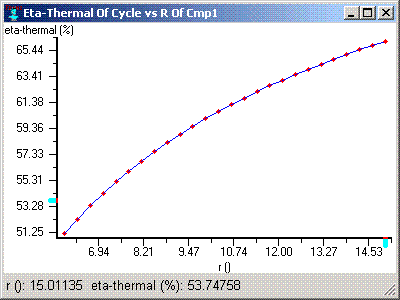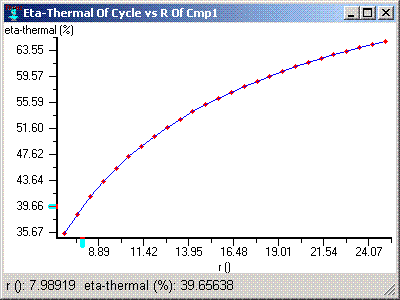dog, what gear ratio you have on your 8.1? mine(suburban) with 3.73 got noticable better then my buddies with 4.10 gears(about 2 mpg better on average).....and pretty much still pull bumper to bumper up the hills up to 10000 pds hooked on the back.....
2005 8.1L/Allison 2500 HD, ECSB .... 3.73 gears, 265/75/16 BFG Load Range E tires ... computer properly programmed for larger tire size.
This combination usually gets me right around 15 mpg on the highway at 65 mph, if I set the cruise on 75 it goes down to about 13.5-14 ...
When I first bought the truck I put a set or 285/75/16 Nitto Terra Grapplers on it .... I was getting slightly worse mileage with the larger 285 tires, maybe 14.5 mpg @ 65 and 13 @ 75 .... going to the smaller tire size did improve my mileage a little bit ... made no difference whatsoever when I had a trailer hooked up to it .... I got 9.5 mpg with the 285 nittos, I get 9.5 mpg with the 265 BFG's ...
I get the same mileage pulling the same enclosed trailer as I did with my 2000 5.3L chevy .....
I get 9.5 MPG pulling my little 16' 2-place enclosed that weighs at most about 4,000-lb fully loaded, I get 9.5 MPG pulling my dad's 26' Charmac enclosed .... I get 10 mpg pulling my little open 2-place 4-wheeler trailer ....
I swear, it's like as soon as you tack a trailer onto this thing, it doesn't matter how big the trailer is, it just gets 9.5-10 mpg ....
I have gotten as bad as 7.2 mpg with it ... but that was pulling that 26' charmac down I80 on a royally windy day at 80 mph too .....
I mean the moral of the story is, you aren't going to win any fuel economy awards owning a gas motor and towing a trailer with it, be it 5.3L, 5.4L, 6.0L, 6.2L, 6.8L, 8.1L, etc ..... the moral of the story is that buying a diesel to tow a smaller trailer, meaning probably a sub 6,000-lb trailer might not be the most economical choice if you actually put the numbers to it ...
With that said, if GM still offered the 8.1L in their trucks I wouldn't mind owning another one, I just wish they'd put 44 gallon tanks in them




